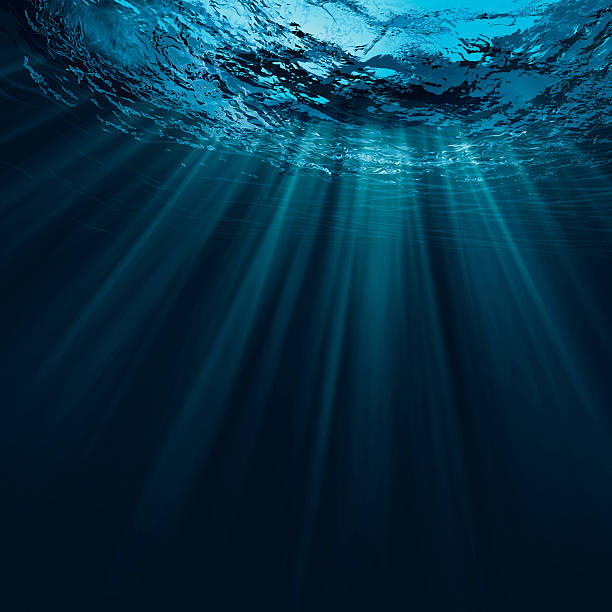
| Angela McArthur, Dana Hemes, Daniel Kohn, Jody Deming, John Baross, Stefan Helmreich, Timothy Weaver, Heather Spence | |
| May 11, 2023 | |
| Virtual Conference | |
| Online |
The Virtual workshop will be held on May 11th, 12th, 13th. The core activities will be held from 12:00 noon – 5:00pm EDT. There will be optional activities held before and after that time frame to accommodate multiple time zones. There will be workshops and presentations and plenty of time to converse with other attendees. This program will give virtual attendees the opportunity to develop ideas and form potential teams to submit proposals to the upcoming OM seed granting cycle.
Ocean Memory: Forgetting and Loss
Memory exists through iterative and networked systems in the ocean. A necessary complement to ocean memory is ocean forgetting. This is a constitutive element in human memory, and likely also at play in oceanic memory. There are numerous ways the ocean can forget. For example, this could be due to natural evolutionary changes (e.g., species adaptation). It could be due to anthropogenic causes such as climate change (e.g., coastal erosion). It can be the result of pollutants introduced into marine ecosystems (e.g., habitat destruction). The theme Forgetting and Loss is designed to be interpreted in multiple ways. Some of the directions could be delving into dynamic roles of information loss in oceanic networks and neural systems. Information loss can be viewed as a negative, but also a neutral or positive event, especially considering memory processes such as pruning or selective attention. Transformation and change and the associated loss of data or information could be another perspective within this topic, including global to micro scales. Pollution may at first appear a more clear and specific topic area, and certainly is a key consideration for marine conservation and ecology. Yet even pollution is multifaceted when viewed with an Ocean Memory lens; for example, is one organism’s pollutant another’s treasure, or is pollution ever a mechanism of Ocean Memory? All of these questions and many more are open for investigation, with the guidance that the questions and processes being pursued be driven by the integration of multiple disciplinary perspectives, and that the theme be interpreted in the broader context of Ocean Memory.
